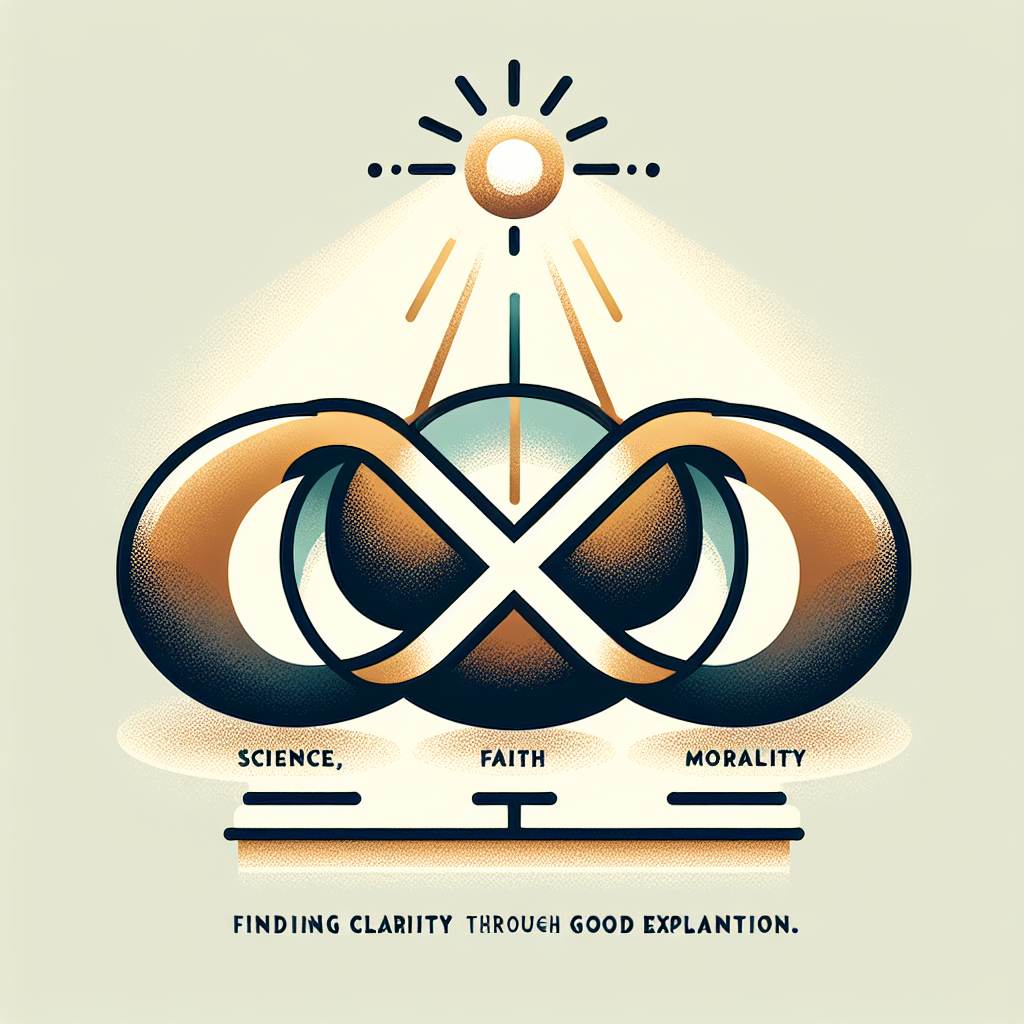Learn how the principle of good explanation unites faith, science, morality, and aesthetics, offering clarity in understanding.
The Power of Good Explanation: Bridging Faith and Science
 Christian History and Theology
Christian History and Theology
Learn how the principle of good explanation unites faith, science, morality, and aesthetics, offering clarity in understanding.
 Christian History and Theology
Christian History and Theology
Explore how the principle of good explanation brings clarity to science, faith, and morality, offering unified truths applicable in every sphere of life.
 Christian Living
Christian Living
Learn how the principle of good explanation bridges science and faith, fostering a holistic approach to understanding truth and morality.
 Christian History and Theology
Christian History and Theology
Explore how the principle of good explanation unifies science and faith, offering insights into both empirical and spiritual truths.
 Christian History and Theology
Christian History and Theology
Explore how the principle of good explanation unifies science and faith, shedding light on spiritual truths and future ethical challenges.
 Christian History and Theology
Christian History and Theology
Faith and science share more than you’d expect, especially in their quest for good explanation—a concept that bridges both worlds through truth and understanding.
 Christian History and Theology
Christian History and Theology
The principle of good explanation bridges the gap between science and faith, offering insights into truth, morality, and everyday life decisions.
 Christian History and Theology
Christian History and Theology
Learn how the principle of Good Explanation bridges the gap between faith and science, offering a path to resilient truth in both domains.
 Christian History and Theology
Christian History and Theology
Discover how faith and science unite through the principle of good explanation, providing profound truths about God, morality, and the universe.
 Christian History and Theology
Christian History and Theology
“Discover how principles like testability and good explanations bridge the worlds of faith and science, guiding both spiritual and empirical inquiries.”
 Christian History and Theology
Christian History and Theology